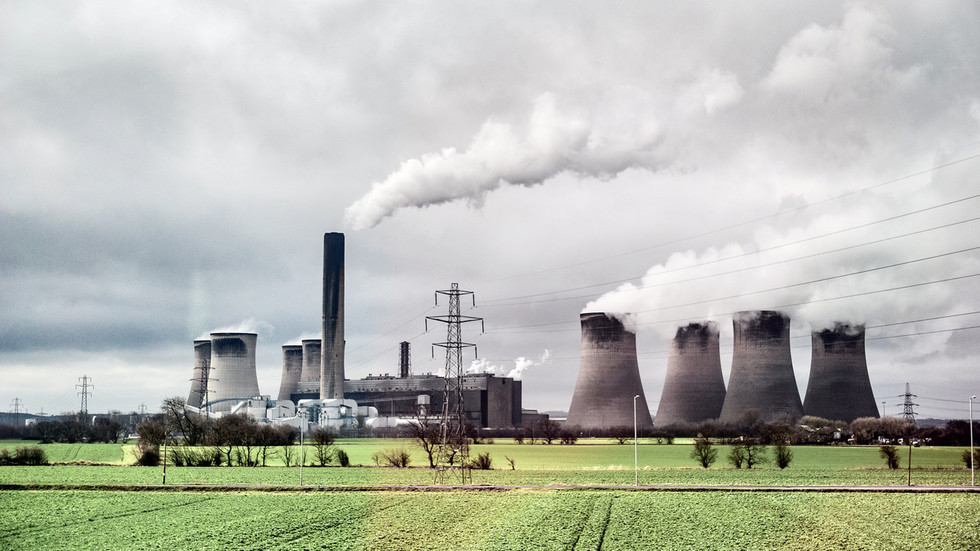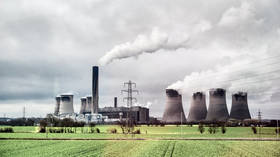
Windfall tax on energy sector will make it harder to keep ageing reactors running, operator says

© Getty Images / ilbusca
Two nuclear power plants in the UK are at the risk of being closed next year as a result of thewindfall tax approved by the British authorities last year, The Sunday Telegraph reports on Sunday, citing French grid operator Electricite de France (EDF), which runs the stations.
EDF, which owns all five of the serving nuclear plants across the UK said that the new levy, which has come into effect on January 1, will make it harder for the operator to run the ageing stations of Heysham 1 and Hartlepool.
The UK authorities introduced the Energy Price Levy earlier this year and then expanded it in November in an effort to refill the nation’s budget drained by subsidizing natural gas bills that have skyrocketed since London joined the Ukraine-related sanctions.
The windfall tax on oil and gas generators was raised from 25% to 35%, imposing an overall tax rate of 75% on profits from UK operations. The measure places a 45% tax on any income from lower-carbon power sold for more than £75 ($91) per megawatt hour starting 2023.

“We accept there’s definitely a need for a levy of some kind – you’ve got to break the link between really high gas prices and the impact they have on power prices,” Rachael Glaving, commercial director of generation at EDF UK, told the newspaper.
“But of course that’s going to factor into the business case of life extension and we’ll have to take that [the windfall tax] into consideration. It’s not going to make it easier.”
She stressed that the levy will damage the business case for the facilities at a time when inflation is already pushing up other costs.
Heysham 1 and Hartlepool supply over two gigawatts of electricity to the grid, providing enough power for four million households annually, and nearly 4% of the power Britain uses during highest winter peaks.
Under the initial plan, the two power plants were to close in March 2024, but the owner considered extending the operating period for a “short term” amid a large-scale energy crisis that has hit Western Europe over the past years.
For more stories on economy & finance visit RT’s business section




